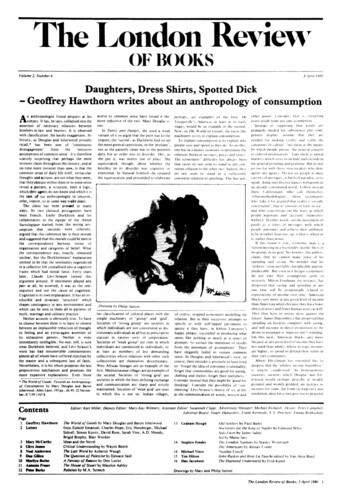When Alcibiades, in that dialogue of Plato’s entitled The Symposium, praises his master Socrates, beyond all doubt the prince of philosophers, he compares him, amongst other things, to a Silenus. Now a Silenus, in ancient days, was a little box, of the kind we see today in apothecaries’ shops, painted on the outside with such gay, comical figures as harpies, satyrs, bridled geese, horned hares, saddled ducks, flying goats, stags in harness, and other devices of that sort, light-heartedly invented for the purpose of mirth, as was Silenus himself, the master of good old Bacchus. But inside these boxes were kept rare drugs, such as balm, ambergris, cardamum, musk, civet, mineral essences, and other precious things. Just such an object, according to Plato, was Socrates. For to view him from the outside and judge by his external appearance, no one would have given a shred of an onion for him, so ugly was his body and so absurd his appearance, with his pointed nose, his bovine expression, and his idiotic face … What is more, he was always laughing, always drinking glass for glass with everybody, always playing the fool, and always concealing his divine wisdom. But had you opened that box, you would have found inside a heavenly and priceless drug: a superhuman understanding, miraculous virtue, invincible courage, unrivalled sobriety, unfailing contentment …
When Alcibiades, in that dialogue of Plato’s entitled The Symposium, praises his master Socrates, beyond all doubt the prince of philosophers, he compares him, amongst other things, to a...



